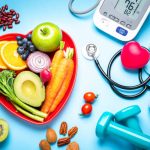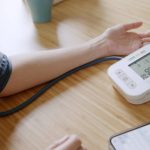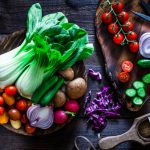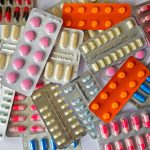The ONE organ responsible for high blood pressure.
Diet for high blood pressure: Foods that can raise blood pressure at an alarming rate
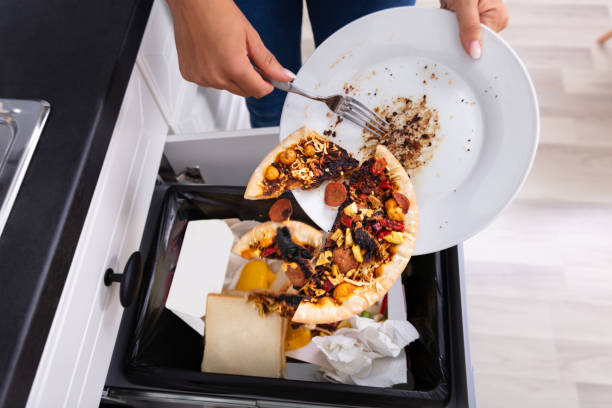
In many cases, what causes high blood pressure is a mystery. It is attributed to a mix of family history, age, stress levels, lifestyle factors and health conditions. What's not so much of a mystery? Treatment options for this common condition. If you have been diagnosed with hypertension, there are established methods of lowering it. Avoiding certain foods and using others can help control blood pressure.
Risk factors for hypertension include smoking and alcohol consumption, an unhealthy diet high in sodium, excessive caffeine, obesity, heavy metal poisoning, certain birth control pills and emotional stress, explains Carrie Lam, MD, co-founder and medical director of LAM Clinic in Tustin, California.
If you have hypertension, your doctor may suggest lifestyle changes, such as following a healthy diet with limited salt intake and exercising regularly. These changes will help lower your blood pressure and reduce your risk of heart disease and other related health problems. In most cases, true hypertension will not be normalized with these changes and you will need medication to lower your blood pressure.
What can I eat to instantly lower my blood pressure?
Research suggests that eating nitrate-rich vegetables can help lower blood pressure for up to 24 hours. This lowering may not bring blood pressure into the normal range. It is important to check your blood pressure at home, at the grocery store or pharmacy, with the goal of getting it below 135/85. Nitrate-rich vegetables should not be confused with nitrate-rich foods that contain preservatives.
When most people hear nitrate, the first thing they think of is processed meat, as artificial nitrate is added to bacon, hot dogs and salami for preservation. "When taken from animal sources, nitrate is converted into carcinogenic nitrosamines in your body, which is extremely harmful to your health," - Dr. Lam says. Nitrates from vegetables, fruits and grains - on the other hand - are converted to nitric oxide in your body. Nitric oxide helps relax blood vessels and improves blood flow.
Studies show that dehydration can impair blood vessel function, so drinking plenty of water daily to stay hydrated is a good rule of thumb to lower blood pressure.
8 foods to avoid
Avoid highly processed foods, saturated fats, salt, fried foods and excessive alcohol consumption. These can raise blood pressure, according to Dr. Landsman.
Exceeding the recommended daily caloric intake is also bad for blood pressure. Too many calories cause weight gain. "Being overweight raises blood pressure," - Jones says.
Diets high in sodium, which is found in many smoked or cured foods and sauces, can also raise blood pressure. "Particularly bad combinations for blood pressure are diets high in salt but low in potassium from fruits and vegetables, low in other needed minerals such as calcium from dairy products, and [low] in magnesium from whole grains and vegetables," says Jones.
These foods can raise blood pressure:
- Processed meats such as bacon and hot dogs
- Canned food with preservatives
- Foods high in sodium, such as pickles and potato chips
- Fried foods such as French fries and chicken strips
- Fatty meats
- Vegetable oil and margarine, which are high in trans fats
- Table salt
- Grapefruit
- Morele
- Avocado
- Melons (cantaloupe or honeydew)
- Fat-free or low-fat dairy products
- Spinach and greens
- Fish (tuna and halibut)
- Plegumes
- Molasses
- Fungi
- Oranges/orange juice
- Potatoes
- Plums/juice from dried plums
- Risins and dates
- Tomatoes


